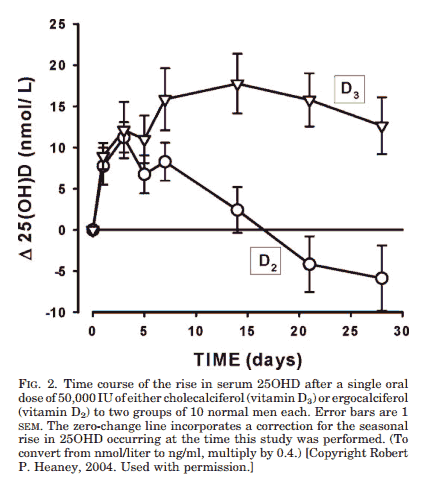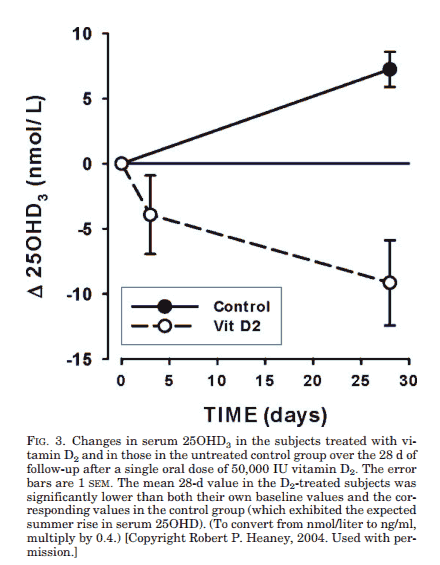hello from northern bc canada
Posted: Sun Dec 11, 2016 10:46 pm
hello everyone. new here but have read though a few posts. mostly about medications and routines.
im from a small village in the north west coast of british columbia canada its beautiful i love it here, i was diagnosed this past summer with MS.
its beautiful i love it here, i was diagnosed this past summer with MS.
first major hurdle was Optic Neuritis was looking out on the water one day and noticed that my vision was clouded in the corner of my eye. i figured maybe it was a fish scale as i was cleaning fish for jarring the night before. washed my eye out and figured that'd fix it but as the week went on it got worse and i couldn't see anything out of my right eye.
being from a small village we dont have much in the way of doctors or nurses, so i was shipped to the next towns emergency room, they didn't know what was going on, so they sent me to an optometrist, he was at a loss for what was going on and he sent me to a local doctor again same thing, being a big guy he guessed diabetes...so blood work and testing was done all came back with no sign of diabetes. so was shipped along to the next town to see an opthamologist and finally after all that testing he said i had ON and said i may have Ms
was referred to a Neurologist in prince george and went for an mri an more testing and thats when i was diagnosed.
after talking to him about it and what can be done i was devastated to say the least.
he told me there is literally nothing to do to treat MS and all i could do to slow it down was take vast ammounts of Vitamin D and try not to stress and workout more.
I've been dealing with depression since then i was on the cusp of starting a business with friends but when i was diagnosed i pulled out of that venture, and spasticity, the cramping and muscle spasms/twitching is bothersome when i try an sleep or when its warm. (thank god for winter)
I've read alot of posts and blogs of people with MS. and how long did it take you all to come to terms with it?
i see so much positivity and encouragement from people whos symptoms have progressed alot further than mine and i wonder how do you all do it? its inspiring no doubt about it but its the holidays and im still in the Woe is me phase. when my family an friends see me dealing with the fatigue or spasms/spasticity i just shrug it off an tell them im just getting old to try get a smile out of em.
but its the holidays and im still in the Woe is me phase. when my family an friends see me dealing with the fatigue or spasms/spasticity i just shrug it off an tell them im just getting old to try get a smile out of em.
does exercise really help? the vitamin D? all i was told from my neurologist was those things an avoid stress. and to come back for more MRI's when i feel more symptoms come on.
im from a small village in the north west coast of british columbia canada
first major hurdle was Optic Neuritis was looking out on the water one day and noticed that my vision was clouded in the corner of my eye. i figured maybe it was a fish scale as i was cleaning fish for jarring the night before. washed my eye out and figured that'd fix it but as the week went on it got worse and i couldn't see anything out of my right eye.
being from a small village we dont have much in the way of doctors or nurses, so i was shipped to the next towns emergency room, they didn't know what was going on, so they sent me to an optometrist, he was at a loss for what was going on and he sent me to a local doctor again same thing, being a big guy he guessed diabetes...so blood work and testing was done all came back with no sign of diabetes. so was shipped along to the next town to see an opthamologist and finally after all that testing he said i had ON and said i may have Ms
was referred to a Neurologist in prince george and went for an mri an more testing and thats when i was diagnosed.
after talking to him about it and what can be done i was devastated to say the least.
he told me there is literally nothing to do to treat MS and all i could do to slow it down was take vast ammounts of Vitamin D and try not to stress and workout more.
I've been dealing with depression since then i was on the cusp of starting a business with friends but when i was diagnosed i pulled out of that venture, and spasticity, the cramping and muscle spasms/twitching is bothersome when i try an sleep or when its warm. (thank god for winter)
I've read alot of posts and blogs of people with MS. and how long did it take you all to come to terms with it?
i see so much positivity and encouragement from people whos symptoms have progressed alot further than mine and i wonder how do you all do it? its inspiring no doubt about it
does exercise really help? the vitamin D? all i was told from my neurologist was those things an avoid stress. and to come back for more MRI's when i feel more symptoms come on.

